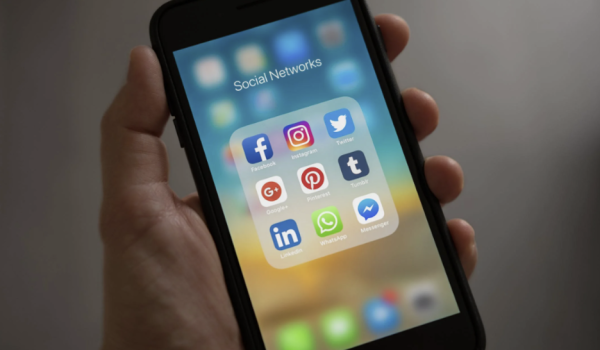The following article contains predictions of the world's leading developers of anti-virus software, security systems and Internet marketing analysts. We suggest that you also peruse the opinion of experts because, as it turns out, there are many reasons to start being careful on the Internet right now.
The British newspaper the Guardian has studied various expert opinions and made a list of major trends in cybercrime development that are projected for the coming months.
Targeted attacks and ingenious spam
KPMG specialists claim that this year the number of targeted attacks on Internet users, with the aim of stealing their passwords and data, will increase. It will be much harder for email systems to distinguish ordinary letters from spam, as masterful and advanced tactics of spammers improve along with technology.
Banks and health care institutions at risk
Experts believe that there will be a marked increase in the number of attempts to gain access to the databases of large companies rather than individual user data. By doing so, the hackers expect to reap more benefits. Banks and private institutions, which are cutting back on security services, comprise the most vulnerable group. Health care institutions are facing the biggest threat because such data can form the basis for several types of fraud.
Paradise for extortionists
In 2014, the following scheme became something like a peculiar fashion trend. Malefactors blackmail their victims with stolen information or block their devices, encrypt files, accuse their prey of terrible and shameful crimes (for example, zoophilia). After that, the criminals extort money by means of anonymous payment systems (Bitcoins, WebMoney, Ukash, GreenDot). In 2015 this trend is going to continue and even develop.
Mobile phones – Apple is also in danger
The threats to Apple users are not illusory. In 2014, a new payment system became available on Apple’s devices, which can be a potential attraction for cybercriminals. Besides, malicious applications constitute a great threat to Apple fans. It appears that Androids are not the only source of risk. Apple users often disable the phone’s security system in order to install pirated applications, thereby inviting trouble from every cybercriminal in the market.
Code that is open to attacks
The vulnerability of open source code has become, probably, one of the main topics of 2014. And this problem won’t go away in 2015, either. Experts are apprehensive about the growing interest of criminals in ill-designed systems and software. Therefore, an old source code will become the new Trojan horse.
Overlay networks
Technology like Thor has gained popularity among those who believe that the laws on the Internet in their country are too strict. Nevertheless, numerous cyber criminals have carved out a place for themselves in the darknets, where they are actively selling services and sharing experience. In 2015, cyber outlaws will continue using such instruments in order to stay anonymous.
Social networks for malware
Last year the company called Proofpoint found a 650% increase in social network spam compared to 2013. In addition, the click-through to 99% of malicious URLs with controversial content (like links to gruesome and shocking videos on Facebook) led to malware installation or redirected the user to phishing sites. In 2015, the amount of such content will increase by 400%.
Is the Internet of Things a new source of concern?
Symantec reckons that criminals will soon direct their attention to smart home automation of the Internet of Things. “Plug and play” devices such as CCTV cameras, remote access control to alarms, lighting and climate control, home routing devices and applications for driving will be exploited by hackers for stealing sensitive and personal information.
Cyber war takes the place of conventional war
InfoSec is seriously considering the possibility that cyber wars will be very attractive to small nations. They base this concern on an incident that occurred between Sony Pictures and hackers from North Korea. The development of malware is cheaper and more accessible than any weapon. “North Korea, Syria, and Iran are among the countries that have comprehensive facilities and pose a great threat to major Western countries,” concludes the company’s representative. Experts predict that large international groups of hackers will merge into huge conglomerates, and execute the orders of governmental groups related to espionage, theft of intellectual property, and intelligence gathering.
Support us!
All your donations will be used to pay the magazine’s journalists and to support the ongoing costs of maintaining the site.
Share this post
Interested in co-operating with us?
We are open to co-operation from writers and businesses alike. You can reach us on our email at [email protected]/[email protected] and we will get back to you as quick as we can.









